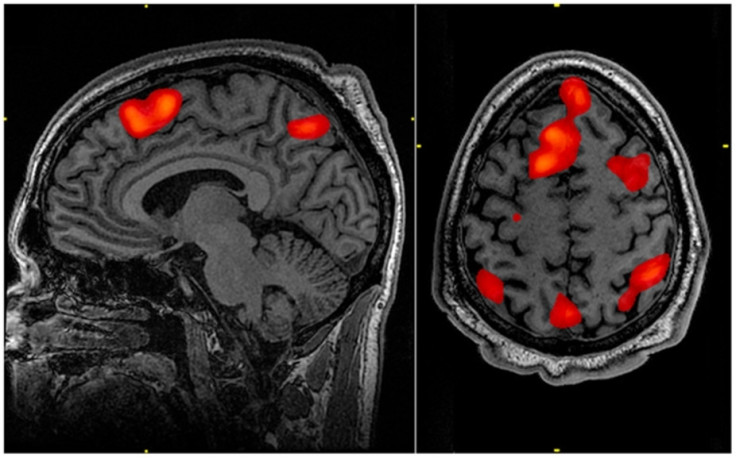Women's brains respond more than men's to generous behaviour
Women's brains tend to to expect a reward for prosocial behaviour while men's brains respond more to selfish behaviour, study suggests.

Women's brains react more strongly to prosocial behaviour while men's brains are more activated by selfishness, according to a new study.
Neuroscientists from the University of Zurich examined men's and women's brain activity in experiments where they were asked to make decisions, such as whether or not to share money.
The small-scale study, which examined 56 people over 3 years, is the first to demonstrate that the brains of men and women respond differently to both selfish and pro-social behaviour.
The researchers watched for activity in the striatum, a region located in the middle of the brain that is responsible for the assessment of possible rewards and becomes active whenever a decision is made.
They observed that the striatum was more strongly activated in female participants when they made prosocial decisions – for example, being generous or altruistic. By contrast, in males, the striatum reacted more strongly when selfish decisions were made.
However, in a second experiment, the researchers administered a drug to both the men and women that temporarily disrupted the chemical reward pathways in their brains. Intriguingly, under these conditions, the opposite occurred: women's brains reacted more to selfish behaviour, while men responded more to prosocial actions.
Dr Alexander Soutschek, lead author of the study, explains: "These results demonstrate that the brains of women and men also process generosity differently at the pharmacological level [suggesting that] future studies need to take into account gender differences more seriously."
Soutschek told IBTimes UK that while increased brain activity in the striatum in response to certain behaviours can influence how someone is acting, there is more nuance to how decisions are made.
"There are other brain regions that contribute to decision-making, for example the prefrontal cortex that plays a role in goal-directed behaviour and can in some situations override the action tendency biased by the reward system."
"For example, the rewards system may unconsciously/implicitly favour prosocial behaviour in a situation, but the individual knows that it would be better to be selfish now, then the goal-driven prefrontal system can promote selfish behaviour by inhibiting the prosocial action tendency triggered by the reward system."
Even though these differences between men and women can be observed at the biological level when making these kind of decisions, Soutschek warns against assuming that these differences are innate or are hard-wired into us by evolution.
"The reward and learning systems in our brains work in close cooperation. Empirical studies show that girls are rewarded with praise for prosocial behaviour, implying that their reward systems learn to expect a reward for helping behaviour instead of selfish behaviour. With this in mind, the gender differences that we observed in our studies could best be attributed to the different cultural expectations placed on men and women."
The recent findings echo previous research which indicates that there are significant cultural differences in the sensitivity of the brain's reward system towards prosocial and selfish behaviour – for example, more independent social orientation in European Americans versus more interdependent social orientation in Asians.
© Copyright IBTimes 2025. All rights reserved.





















